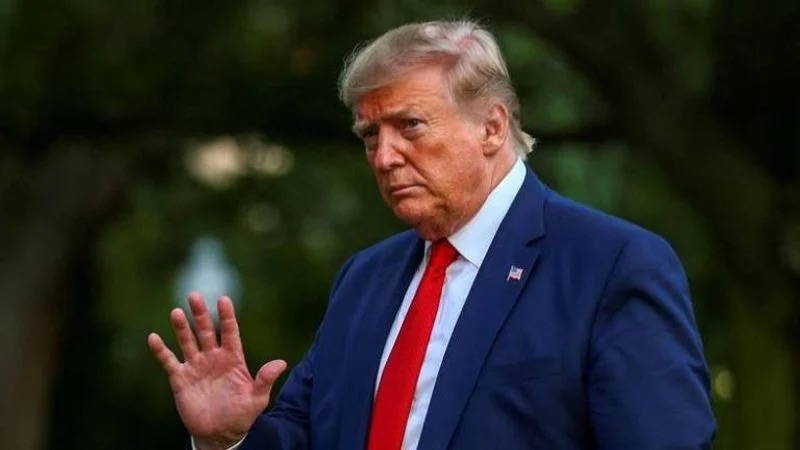
President Donald Trump on Wednesday sent letters imposing new U.S. tariff rates on imports from at least seven more countries, reinforcing his aggressive stance on reshaping America’s global trade relationships.
Revealed through screenshots shared by Trump on Truth Social, the letters were sent to the leaders of the Philippines, Brunei, Moldova, Algeria, Iraq, Libya, and Sri Lanka.
Trump had hinted at this move Tuesday evening, stating he “will be releasing a minimum of 7 Countries” on Wednesday morning, followed by “an additional number of Countries” in the afternoon.
Previous Tariff Letters and Rates
This new round comes just two days after Trump sent similar letters to 14 countries, warning that their exports would face steep tariffs starting August 1. Those countries include Japan, South Korea, Malaysia, Kazakhstan, South Africa, Laos, Myanmar, Bosnia and Herzegovina, Tunisia, Indonesia, Bangladesh, Serbia, Cambodia, and Thailand.
The tariff rates announced so far range from 20% to 40%, with letters indicating the possibility of adjusting these rates “depending on our relationship with your Country.”
All letters emphasize that these tariffs are “far less than what is needed to eliminate the Trade Deficit disparity we have with your country.” Trump often frames trade deficits as evidence that the U.S. is being taken advantage of, although many experts dispute this view.
Trade Deficits and Market Impact
Many of the countries targeted are relatively minor trading partners, and the trade deficits with them can be quite small. For example, the U.S. trade deficit with Moldova in 2024 was approximately $85 million.
The newly announced tariff rates closely mirror those set during Trump’s “liberation day” tariff rollout on April 2, which imposed a 10% tariff on almost all countries and higher rates on dozens.
That announcement caused turmoil in global markets, which only eased when Trump paused the highest tariffs for 90 days. That pause was due to expire Wednesday, but an executive order signed Monday delayed the deadline until August 1.
Despite the delay, Trump reiterated on Tuesday that the August 1 start date remains firm and no further extensions will be granted.
Author’s Opinion
While tariffs can be a powerful bargaining chip in trade negotiations, relying heavily on escalating tariffs risks destabilizing global markets and straining diplomatic relations. Many of the targeted countries represent small trading partners with modest deficits, meaning the economic impact might be limited but the political fallout could be significant. The challenge lies in balancing assertive trade policy with fostering stable, cooperative international economic ties.
Featured image credit: FMT
For more stories like it, click the +Follow button at the top of this page to follow us.
